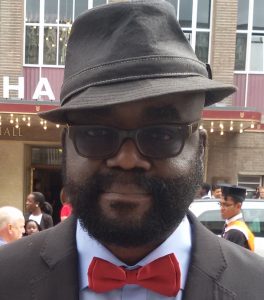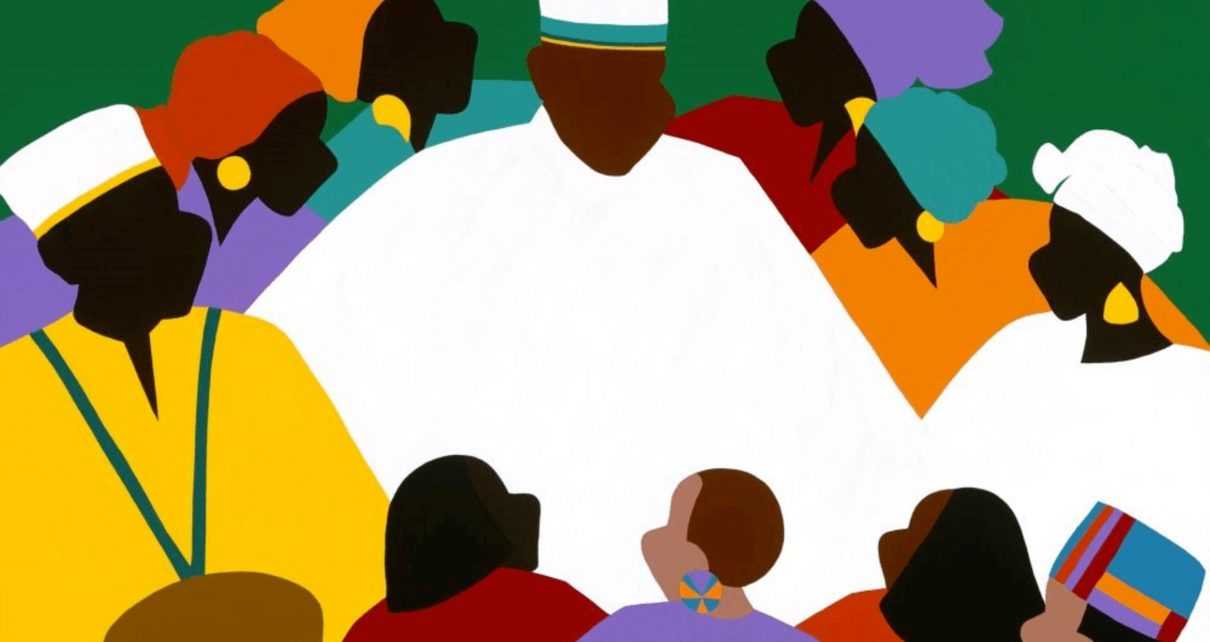
wole.olaoye@gmail.com
THREE NEWS-BREAKS, the re-arrest of Nnamdi Kanu, leader of the Indigenous Peoples of Biafra (IPOB); the storming of the residence of Sunday Adeyemo, a.k.a. Sunday Igboho, and the passing of the Petroleum Industry Bill by the National Assembly — nearly consigned the seminal treatise enunciated by former President Goodluck Jonathan at the 13th Joe-Kyari Gadzama Public Lecture with the theme: “Redefining Democracy: Yearnings of the Minority in a Democratic Setting”, to the backwaters of insignificance.
But, wait, a good deal of the hoopla attending public contestations and separatist agitations in recent years in Nigeria can probably be better explained if we examine how we have abandoned the boat of federalism which ferried us to Independence and inter-regional amity for a military-imposed unitary system which assumes, quite arrogantly, that as far as the Nigerian project is concerned, one size, one garb, one shape and size must fit all.
Predictably, the unitary system which is anything but federal, is not working. It will never work, as long as Nigeria is peopled by disparate ethnic groups with very unique historical experiences, more than 450 languages and different ways of life. A system that recognises these differences and allows the various component parts latitude to develop at their own pace and maintain their unique character in a large united federation — as was the case in the negotiated independence constitution of yore — seems to be the answer.
“From the independence and post-independence crisis, the coups and the counter-coups and the different republics to date, the swelling disenchantment is the fallout of our inability to manage our diversity and downplay our differences, said Jonathan.
“It is obvious that calls for fragmentation seem to be getting louder among some segments of our nation. This is because we have not been able to positively harness and harmonise our enviable size and the ingenuity of our people and project our greatness,” he declared.
Jonathan summarises our predilection for underachievement and the growing clamour for separation as the effect of our failure to properly manage our diversity and harness our potential.
He argued that a multi-ethnic country cannot make progress unless there is a conscious effort to give a democratic sense of fairness, equity and justice and guarantee minority groups access to the political space.
The former president noted that,“By now, we should be running an advanced economy and the social system and standard services that support that economy just like other nations like Singapore or Malaysia and the United Arab Emirates who share the same political and economic evolution with us. However, we are lagging behind so far away from them.”
In Jonathan’s view, Nigeria’s size is not the fundamental problem, neither is the country’s colonial past. He argues that the problem is structural: “I share the sentiments of many political commentators that at the crux of our challenge of national transformation is the problem of our political and governance structures and the inability to harness our diversity towards shared prosperity.
“I believe that from independence, the political evolution of leadership in Nigeria has been too concentrated along tribal and religious lines and that is still haunting us today.” He said that was the reason he conveyed a national conference in 2014.
“Where the minority feels that they are not relevant, there’s always the tendency to fulfil their destiny with a different approach. This is the beginning of the unending agitations and resistance movements across the world,” he said, adding that we have to undo the winner-takes-all approach to politics, and tone down the enormous powers of the presidency.
Drawing attention to the fact that the inequity in the polity runs from the federal to states to local governments (and even to wards where certain minorities can never dream of becoming top leaders because of their areas of origin), Jonathan argued that there is a lot of work to be done at all levels in consciously designing inclusiveness into the system and demonstrating such in action.
Looking ahead, he declared that political leaders have their work cut out: “I can say that our leaders can do a lot more to eliminate ethnic sentiments in our society, enthrone merit and build a system that gives citizens equal opportunities to excel. There has to be a united, strong and cohesive Nigerian nation of patriotic citizens for any structure or system to yield the promise of our shared prosperity,” he added.
The aspect of Jonathan’s lecture that attracted quite a massive response on social media was his reference to Southwest Nigeria as an area that had a thing or two to teach the rest of the country about tolerance of religious and ethnic diversity.
There are countless examples that bear the former president out. Only the other month, Rev, Fr. Peter Adeyemi, junior brother of the Alaafin of Oyo, Oba Lamidi Adeyemi (a foremost Yoruba monarch and Muslim whose forebears went on pilgrimage to Mecca by foot) was buried in Lagos. The Oyo monarchy was fully represented at the funeral. In some other parts of the world, it is impossible to subscribe to a different faith from the one you were born into.
What President Jonathan is advocating is that the path to development and social cohesion is paved with tolerance and sacrifice. One size does not fit all, even in a family. It is therefore easy to understand why any kind of campaign based on ethnicity and religion is likely to fail in the Southwest because, as the people say, “No religion can divide the family” — which is why it is perfectly understandable that the late Bishop Anthony Saliu Sanusi of Ijebu-Ode Catholic Diocese was sired by the Chief Imam of Esure.
Although not a Muslim, this writer does not need any persuasion to fulfil filial duties to elderly relatives during ramadan and sallah. It comes with the territory of ‘family’. That is why any tendency towards religious extremism is likely to come to grief in the Southwest.
Diversity in itself could be a strength if properly harnessed and managed. In analysing President Jonathan’s perspective, I found it helpful to adapt the brilliant viewpoint of UK-based diversity expert, Dr. Jonathan Ashong-Lamptey, whose views and recommendations on Exploring Diversity and Anti-Racism in the Workplace, speaks to our situation. I take responsibility for this adaptation.
Diversity is a management approach that recognises that as individuals we have differences, and that there is value in those differences. Inclusion is part of a systematic strategy meant to help everyone reach their potential. A newer phrase that has gained currency is anti-nepotism, defined as ‘supporting anti-nepotistic policies through action’. Political leaders can and should promote inclusion, manage diversity, and commit to anti-nepotism.
Diversity has to be addressed internally. The following questions should be asked: On People — Is this a country where everyone can perform? On Potential — Can we create a culture where people can reach their full potential? On Performance: What is our national policy for increasing diversity?
We must find a common reference point and use it to build knowledge around what perceptions of nepotism are and how we interpret them.
No matter what happens, we still have to have these difficult conversations in the overall interest of the country, but we must take the time to understand cultural contexts. Not only do regional demographics and basic terminology change, but so does the fundamental philosophy towards diversity and inclusion. Using a “copy and paste” approach from one region to another won’t work.
So, let’s behave like grownups and start the conversation towards birthing a more inclusive, unashamedly federal arrangement. To continue peddling revisionist tales about indivisibility while not making any effort at justice and fair play is to scratch the nose with the head of a cobra.
We all agree that there can be no peace without justice. The only small problem is that we are long on promises and short on positive action. Perhaps we ought to remind ourselves that the cry for justice is not antithetical to patriotism. As Albert Camus famously put it, “I should like to be able to love my country and still love justice.”
- Wole Olaoye is a public relations practitioner and a public affairs commentator and can be reached at wole.olaoye@gmail.com


